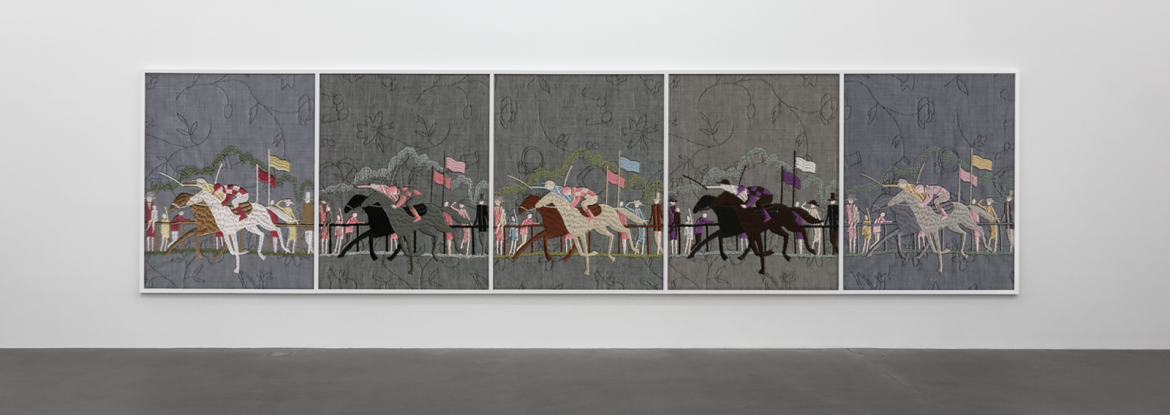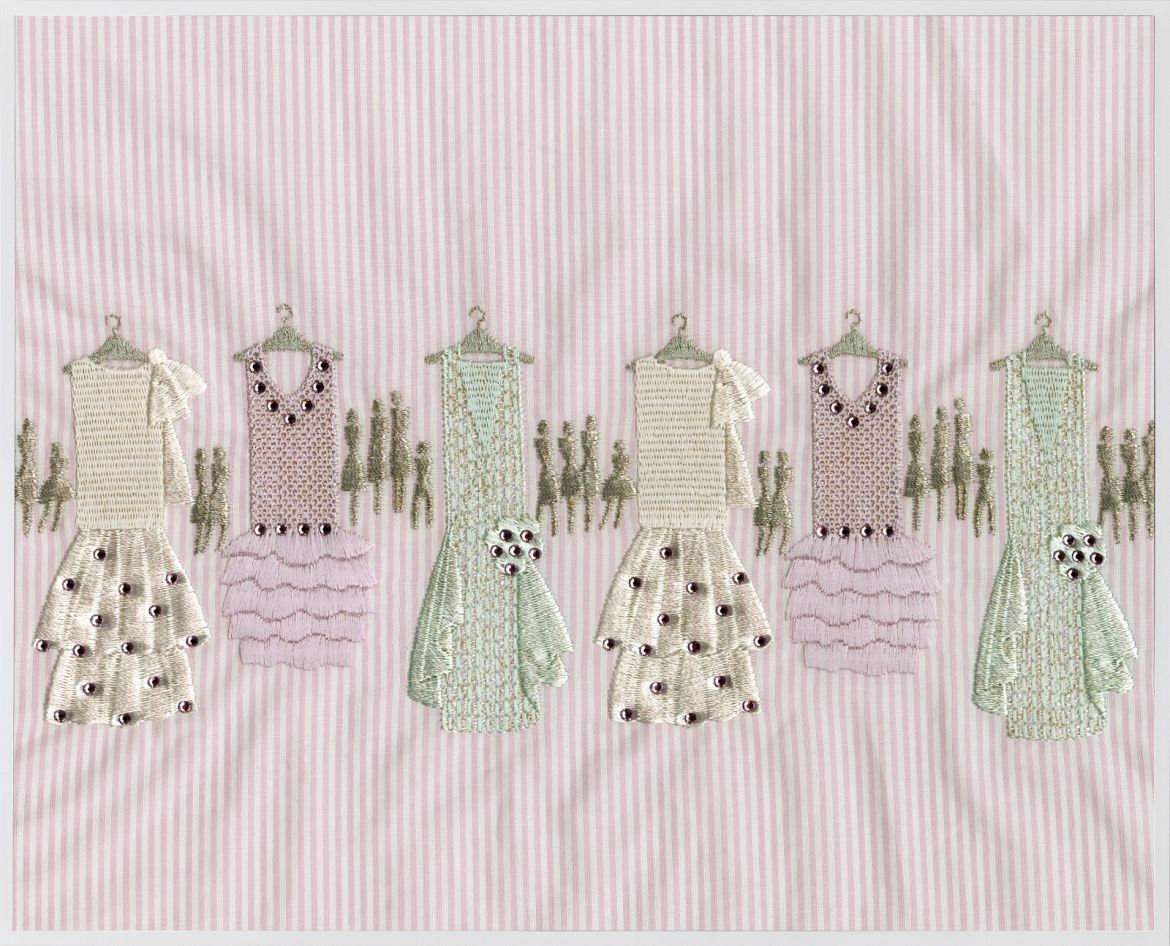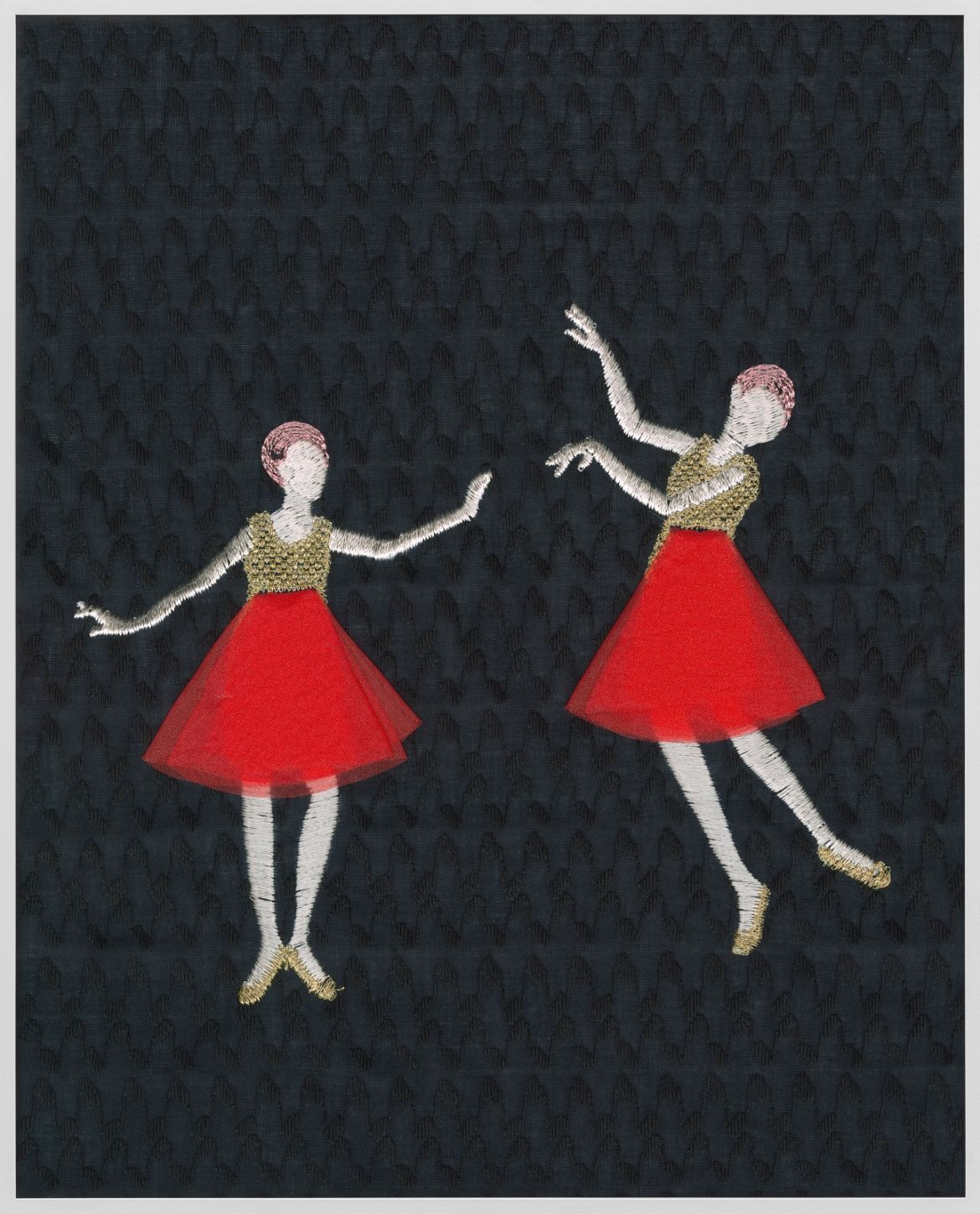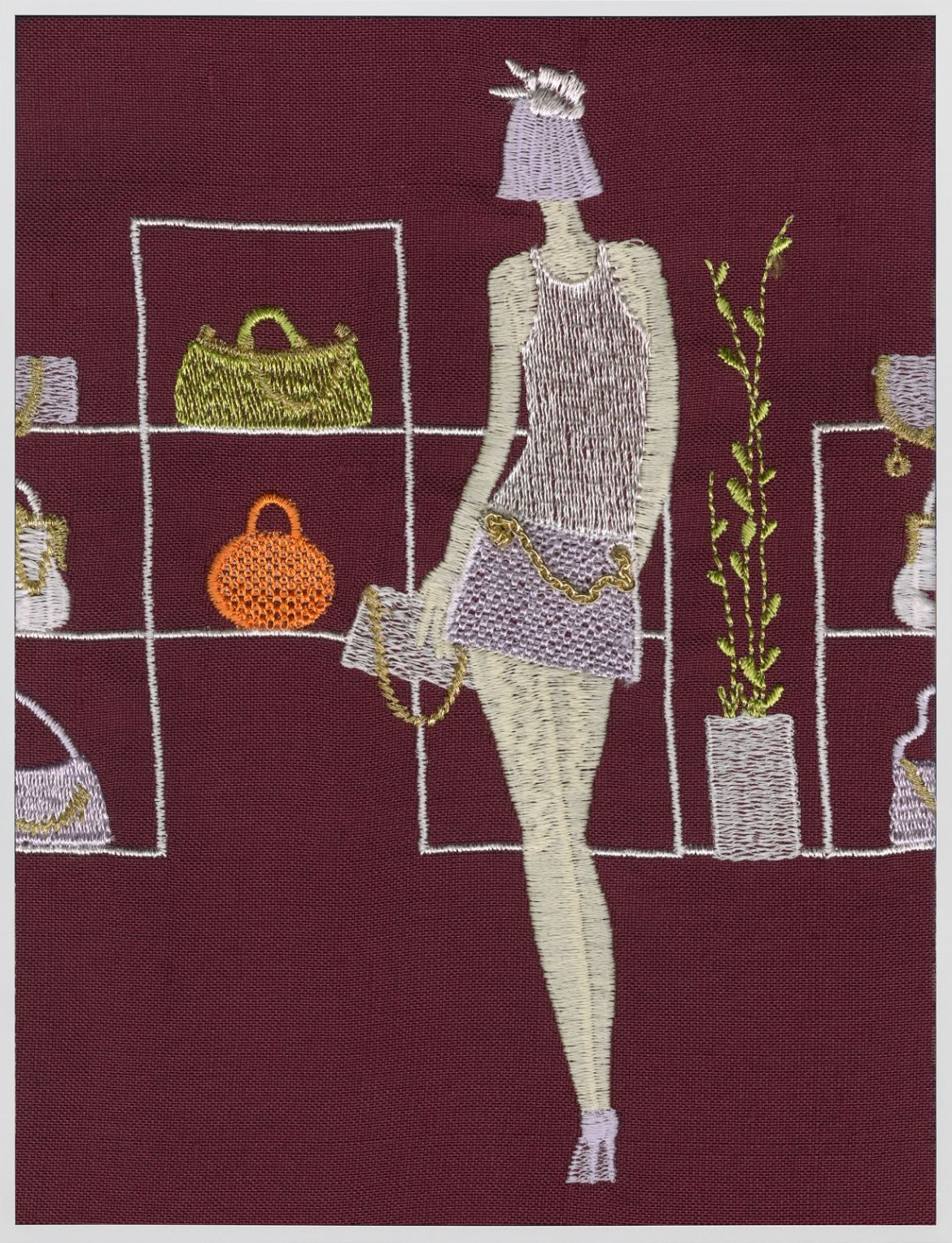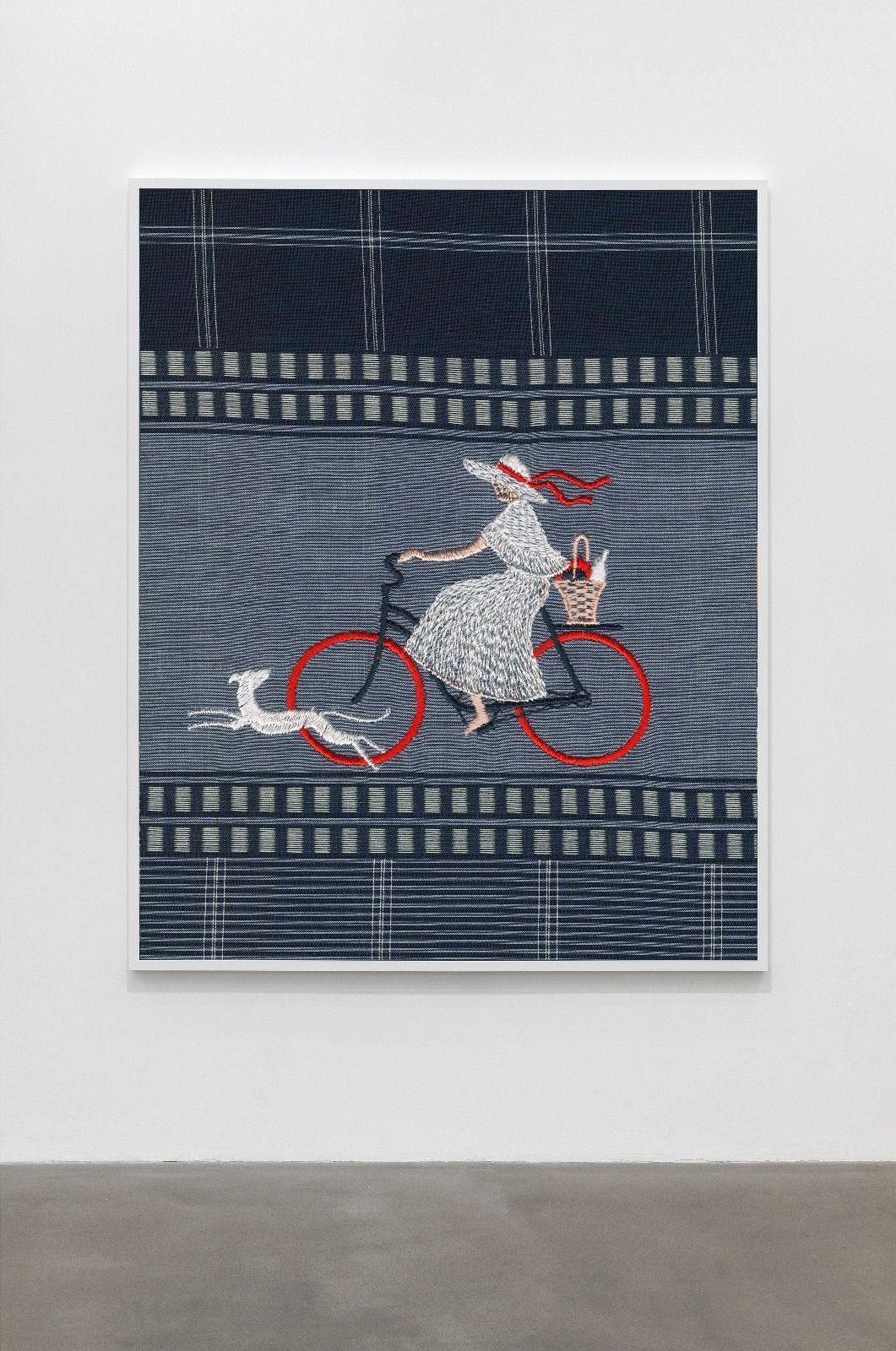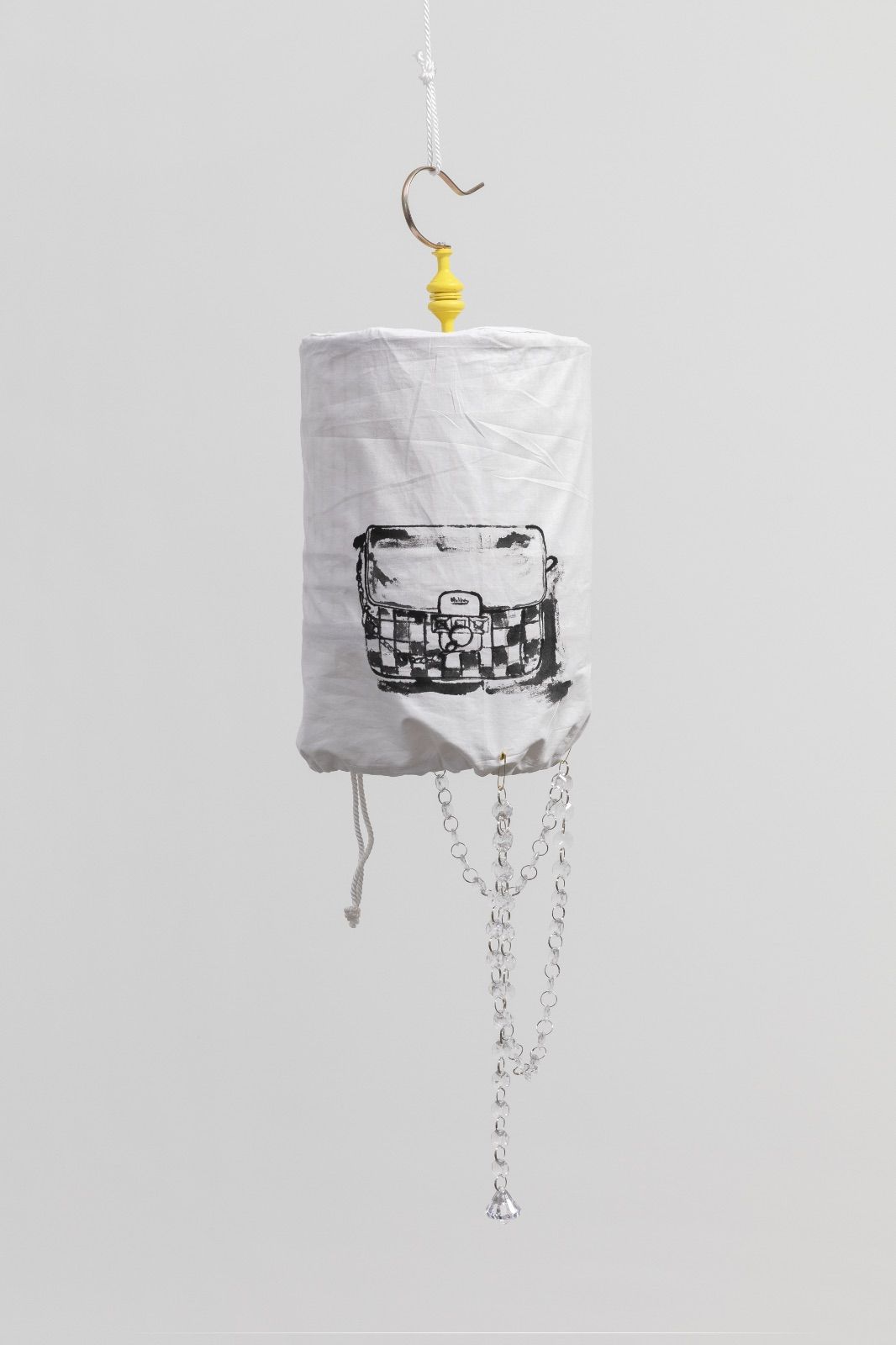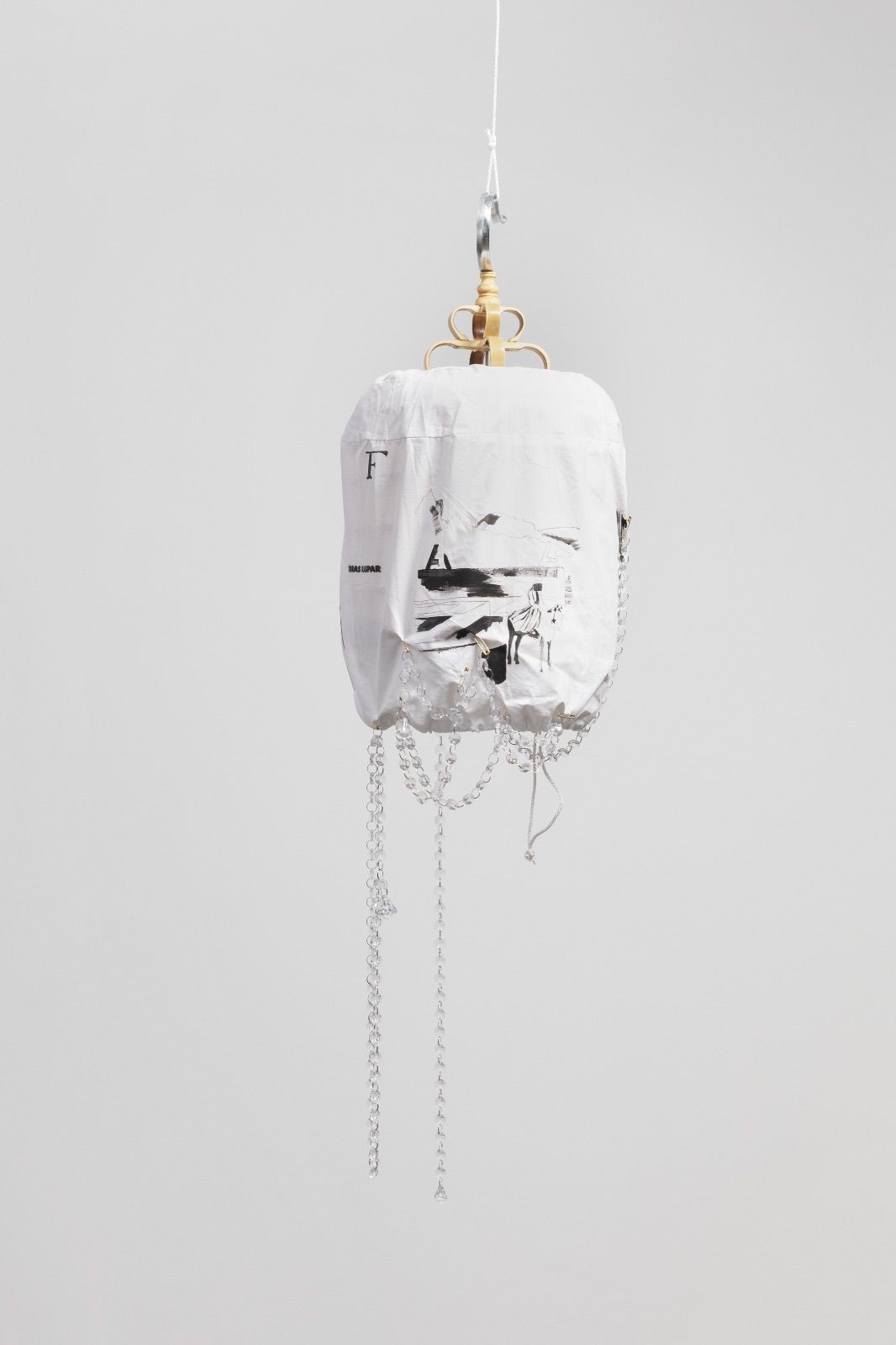Tobias Kaspar
Born in Basel, Tobias Kaspar (*1984) is based in Riga, Latvia, and Zurich, Switzerland. He is an ever-changing and mischievous artist, repeatedly challenging the art system and incessantly rethinking his artistic output. His multifaceted thinking mirrors a complex mixed-media practice. Forever scrambling his tracks, he delights in constantly changing his style and deploys marketing typologies to give away institutional critique and reveals the self-devouring structures of the art market. To interrogate the industry of dreams and aesthetics, he has established his fashion label in 2012 and has launched a magazine in 2009.
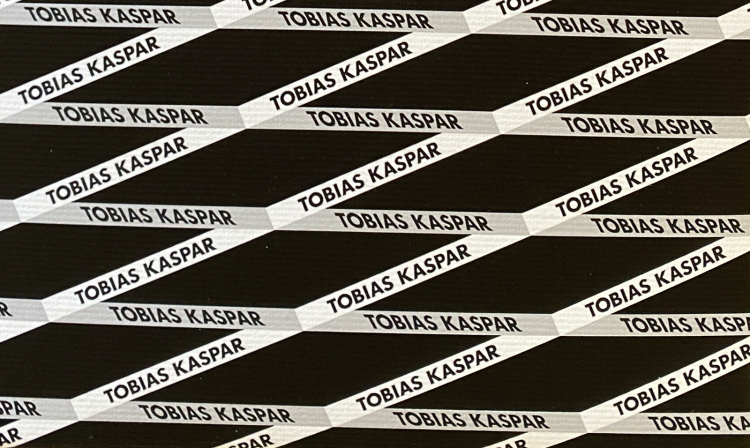
Tobias Kaspar:
I don't like to be put in a box and I'm always trying to avoid doing it myself, which isn't easy. We always want to pigeonhole and categorize everything.
ARTIST INFORMATION
View more details on the artist, please click here

